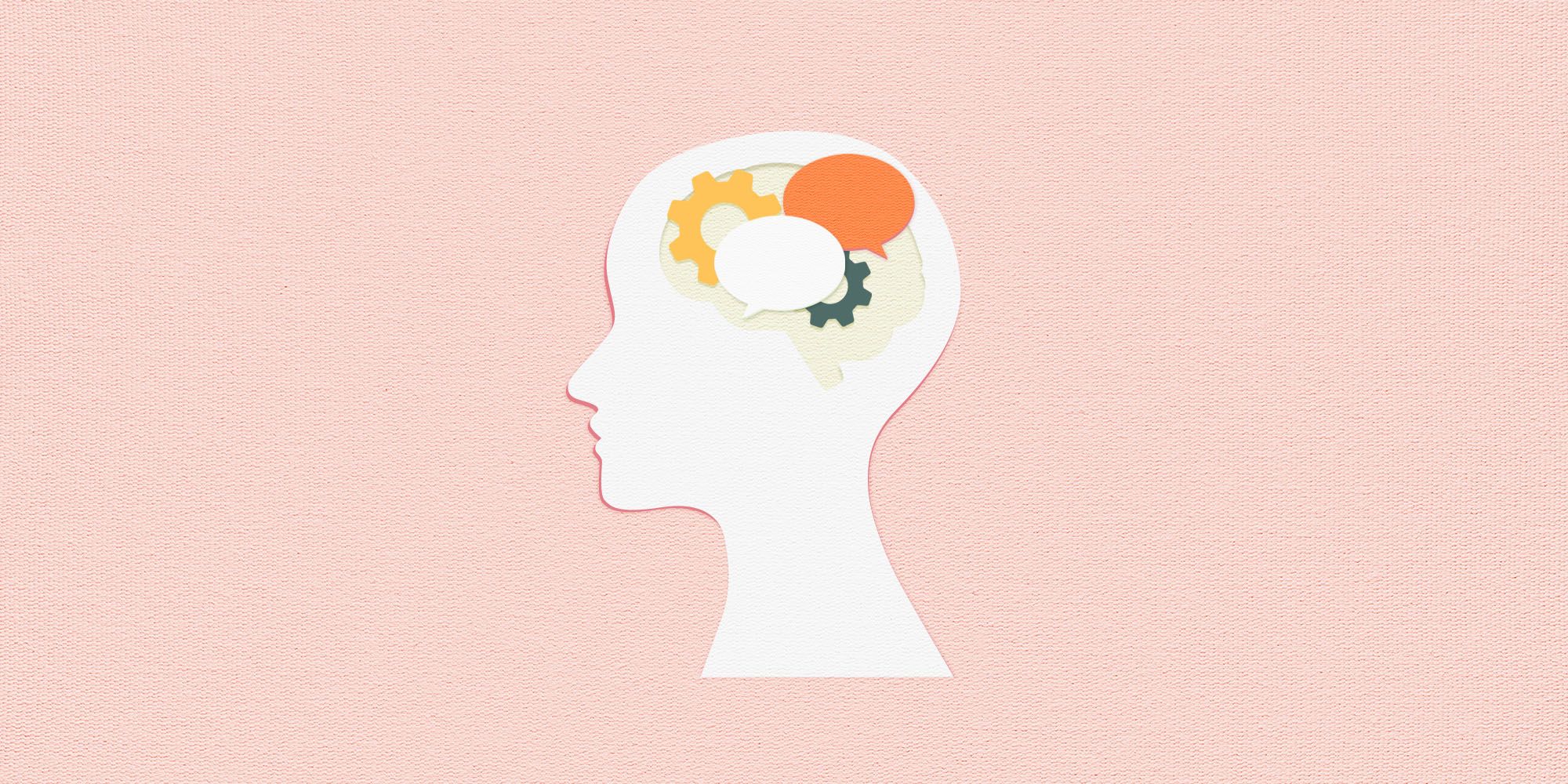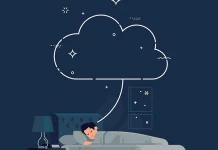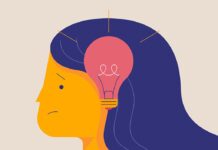*Disclaimer: I am not a mental health professional, however, I have compiled data from around 20 trusted mental health resources such as the APA (American Psychiatric Association) and NIMH (National Institute of Mental Health).
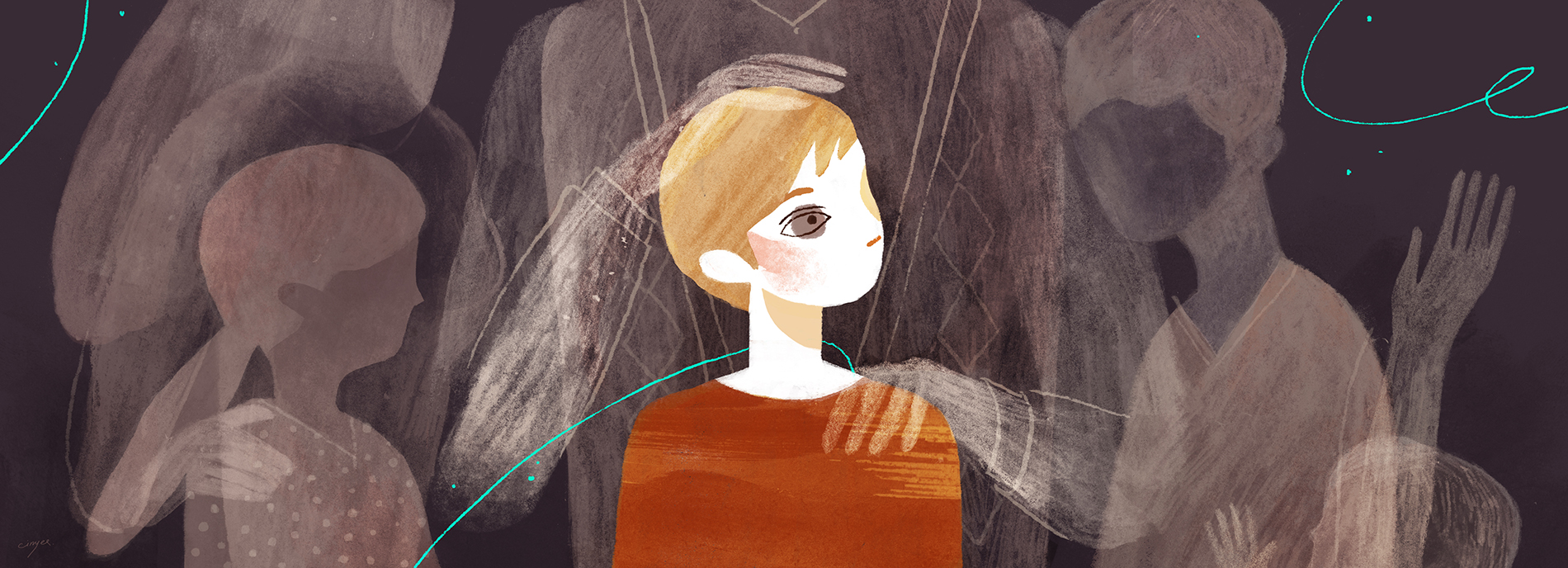
Schizophrenia is one of the most misunderstood mental illnesses of all time. As the media, unfortunately, represent them as aggressive, violent, and unpredictable individuals, it creates the foundation for stigma to form among the society about individuals living with schizophrenia. It is time for us to break the stigma together, starting from step one of educating ourselves on the subject.
What is Schizophrenia?

“Schizophrenia is a severe long-term mental health condition. It causes a range of different psychological symptoms.”
— National Health Service
Schizophrenia is grouped into the family of “psychotic disorders”. People living with mental disorders in this family experience irregular thinking/perception and often can easily lose the sense of reality. Hallucinations & delusions are common key characteristics in psychotic disorders.
Symptoms & Behaviours of Schizophrenia
People living with schizophrenia experience different sets of symptoms on a spectrum of severity. Some individuals may experience less or more symptoms in both types & severity, however, this doesn’t mean they’re any less human.
The symptoms of schizophrenia are classified into 2 categories:
Positive symptoms:
This means it’s adding on something to the individual’s mental state. It does not mean something “good”.
– Hallucinations
– Auditorial (hearing voices)
– Olfactory (Smelling a smell that’s not there)
– Tactile (Feeling a sensation that’s not there)
[These are just some examples, there are many more hallucination types.]
– Delusions: Persecutory (feeling of being hunted after)
Negative Symptoms:
This means it’s the loss of a certain function, thought, or behaviour that’s apparent in the common man. It does not mean something “bad”
– Communication difficulties (E.g: trouble processing the exchange of information, difficulties maintaining body language, etc.)
-“Flattened” emotion
– Fatigue
– Lacking motivation
– Poor memory/ concentration
– Become withdrawn
Any Known Causes of Schizophrenia?
There hasn’t been a solid explanation, but the following factors are speculated as to the main causes:

Physical
- 25% less gray matter (responsible for thinking & judgement) in people with schizophrenia
- Neurotransmitters (Brain’s messenger ): Excessive or increased sensitivity for dopamine & serotonin

Genetics:
- Tends to run in families
- Combination of genes that make someone more vulnerable
- Genetic theory tested on twins:
- Identical twins, if one develops schizophrenia, the other has a 50% to also develop it,
- Non-identical twins, the chance of development is 13%
- This still applies when twins are raised separately

Enviornmental:
Drug Abuse: especially during teenage-young adult growth stages (influence brain development). E.g) Cannabis, Cocaine, LSD, & etc.
Birth Complications: such as Malnutrition, toxin/virus exposure such as heavy metals

psychological
- More like “triggers”. For people more vulnerable to developing schizophrenia, experiencing an overwhelming load of stressors can act as a trigger that suddenly “turns on” the symptoms.
- For example, an individual who is vulnerable to developing schizophrenia experiencing events such as divorce, bullying, or abuse (sexual, physical, emotional).
Diagnoses of Schizophrenia
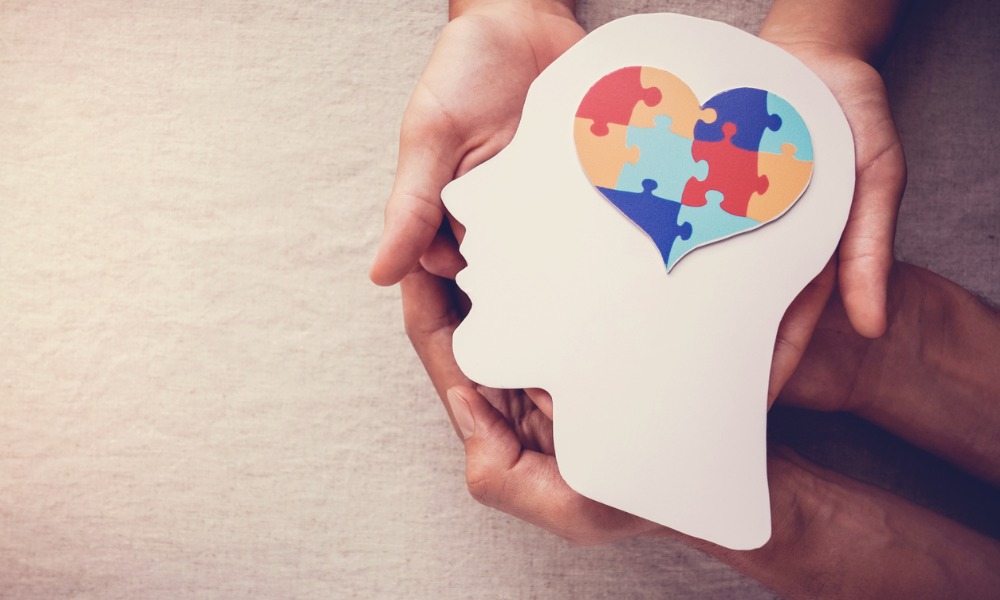
How is it Diagnosed?
The following three are diagnosis methods for schizophrenia.

Physical Exam
- Eliminate the possibility of physical illness
- Uses technologies such as MRI or CT scans

Clinical Interviews
- Usually, a psychiatrist will ask the individual questions about life experience, family history, etc.

Psychological Test
- Usually conducted via a checklist or questionnaire format
- Meant to evaluate knowledge, skill &/or personality of an individual
The Diagnosis
The diagnoses are based on DSM-V (Diagnostic and Statistical Manual of Mental Disorders, 5th Edition), a publication made by the American Psychiatric Association (APA). The publication organizes the symptoms into 5 categories:
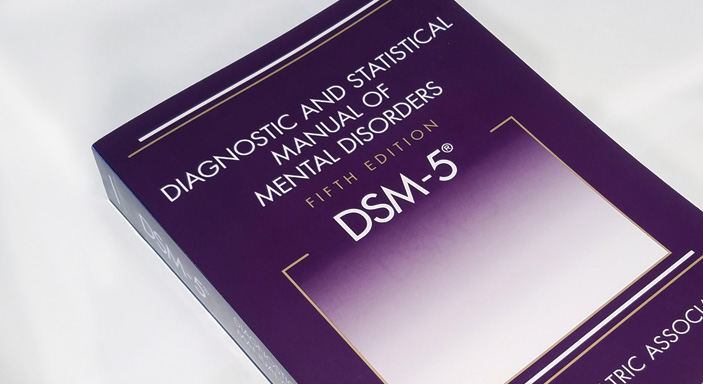
- Delusions
- Hallucinations
- Disorganized Speeches
- Disorganized/Catatonic Behaviours
- Negative Symptoms
If the person has ≥2 of these symptoms for a month or longer, they’re eligible to be diagnosed with schizophrenia, granted their symptoms are not due to other ailments such as drug usage.

The diagnoses range on a “schizophrenia spectrum”. An individual’s symptoms dictate their location on the spectrum. Some examples of diagnoses are as follows:
- Schizoaffective Disorder (schizophrenia combined with depression/bipolar symptoms)
- Schizophreniform (an early form of schizophrenia, but never develops, and stops)
Treatments of Schizophrenia

The goal of the treatment is to decrease symptoms, as there’s no way to cure schizophrenia. The treatments last for a lifetime and continue even after the symptoms have subsided. The following are four examples of treatments for schizophrenia:

Medication
The goal is to effectively manage signs and symptoms at the lowest possible dose. The psychiatrist may prescribe different doses or combinations of drugs until they find the perfect match for the individual.
The most common medication for schizophrenia is anti-psychotics (decrease hallucinations by blocking dopamine uptake in the brain). Although, anti-depressants and anti-anxiety drugs may also be prescribed.
Unfortunately, medication isn’t the perfect remedy, as it can cause serious side effects. This is why some individuals might be reluctant and refuse medications.
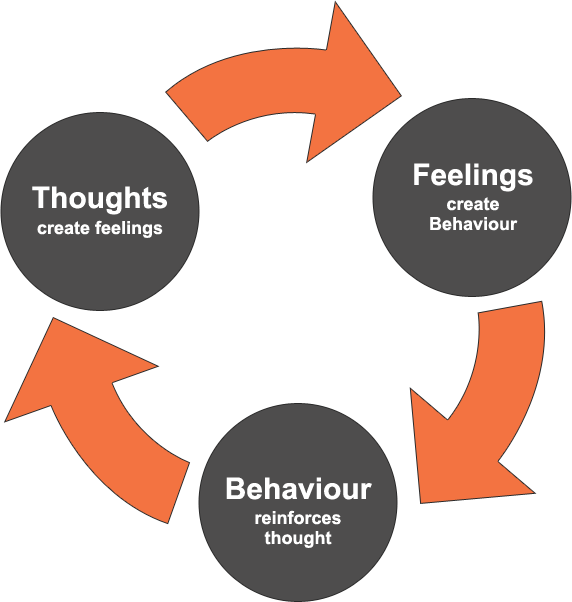
Cognitive-Behavioural Therapy
The goal of CBT (Cognitive-behavioural therapy) is to alter thoughts and behaviours that make an individual unwell.
In a nutshell, the process of CBT is divided into 4 parts:
- Get to know the patient & explain the thought/feeling/behaviour cycle
- Break the cycle (explore thoughts & behaviour & analyze the effect it has on the individual. Develop a plan to break the cycle with the individual together)
- Test out the plans (try the different plans)
- Encourage the continuous practice of the most effective plans.

Hospitalization
Unlike the wrongly formed popular myth, not everyone living with schizophrenia will be sent to hospitals or psychiatric wards.
Usually, an individual will only be hospitalized when they’re experiencing crisis periods or severe symptom episodes or are at a risk to harm others or themselves.
If you’re interested in a more personal account of an individual’s experience in schizophrenia hospitalization, I recommend watching the following video. Do keep in mind that everyone’s experience will be different.

Electroconvulsive Therapy
ECT (electroconvulsive therapy) is often used as a last resort, or when the individual is unresponsive to medication.
ECT triggers a small intentional seizure by firing controlled doses of current through the brain. This appears to cause a chemical change in the brain and reverse several symptoms.
Researchers haven’t found a definitive answer as to what exactly is ECT doing to the brain.
If you’re interested in a more personal account of an individual’s experience in ECT, I recommend watching the following video. Do keep in mind that everyone’s experience will be different.
How Can You Help?

Now that you’ve learnt a bit about schizophrenia, how can you take your support to the next step, and help individuals with schizophrenia?
The very basic support you can offer is to further educate yourself and the people around you about schizophrenia and help break common misconceptions and stigmas surrounding it!
If you feel concerned about someone with schizophrenia or are concerned about someone who might be displaying symptoms, it’s encouraged for you to speak to their healthcare professionals about your worries.
Help and encourage the individual to find the appropriate mental health worker for them if you’re approached to do so.
The following links to websites dedicated to helping individuals struggling with mental health. Some are schizophrenia-specific, while others are more general.
- Schizophrenia Society of Canada
- eMentalHealth.ca (a database with links to other helpful websites.)
- Insitute for Advancements in Mental Health
- Canadian Mental Health Association Durham
Canadian Mental Health Association Durham is accepting 18+ volunteers. If you fulfill the criteria and are interested in supporting mental health, I highly recommend checking it out.

